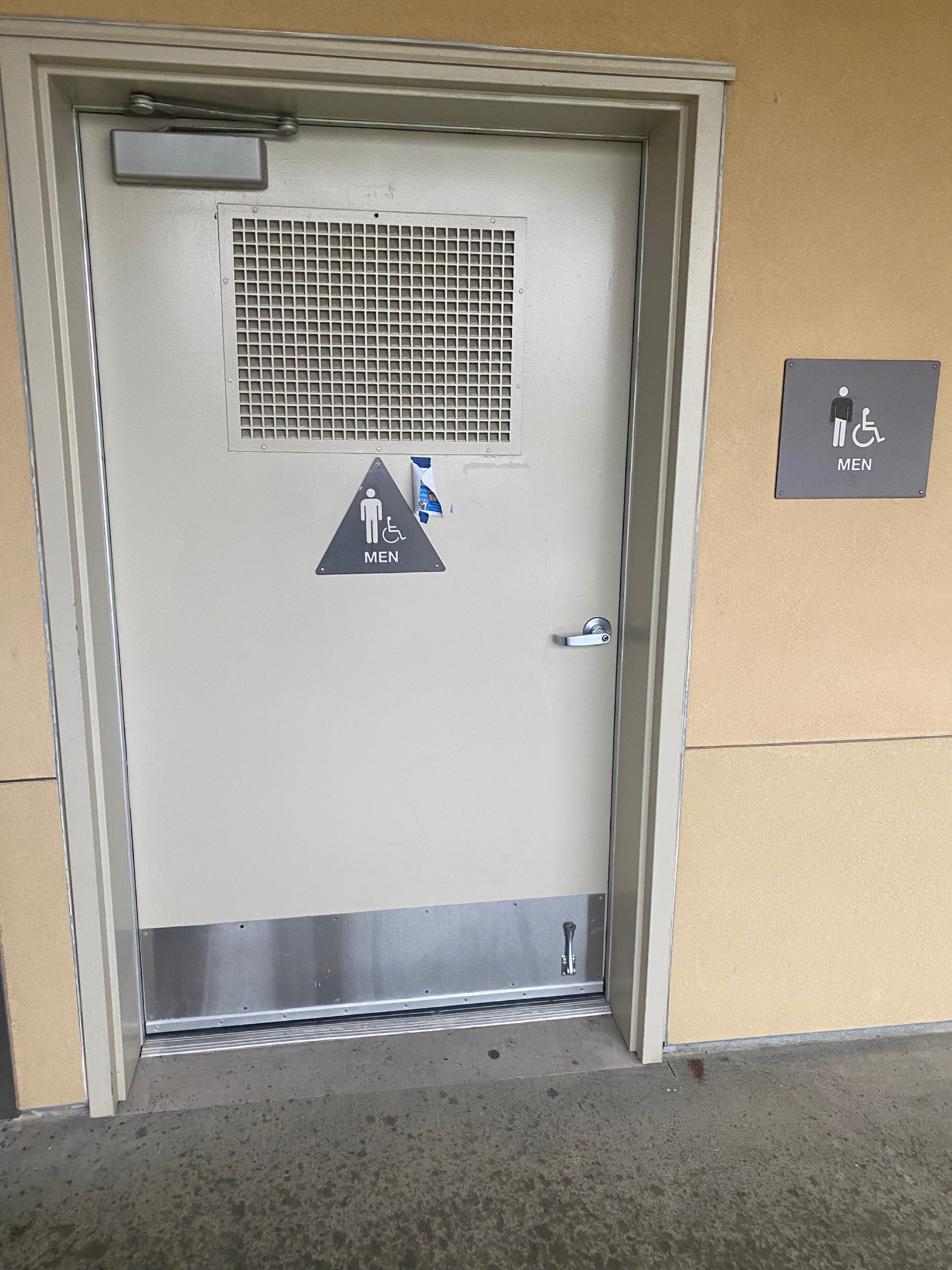The Teenage Epidemic: Anxiety
Eagle time: Apr 4, 2018
People hear the word anxiety on a daily basis, but does anyone really know what it means? It seems anxiety is on the rise, especially amongst teenagers. So, what’s causing it? More importantly, how can we fix it?
The term anxiety holds a variety of meanings. Generalized anxiety is the most common, and people feel like they have a need to control and worry about the future. Teen anxiety expert Christopher Taylor shares his views on what anxiety really is. “They’re feeling like everyday they sort of have to focus on the things they can do to elicit specific outcomes,” said Taylor.
Another form of anxiety includes social anxiety where teens are constantly feeling insecure and judgment from others, such as thinking they won’t fit in with a crowd or not being good enough at something. Students feel technology makes it easy to compare themselves to others, which contributes to social anxiety.
“Social anxiety is more interacting with peers, or other people and feeling like there’s judgement from them or their not going to show up as being good enough,” said Taylor. When people feel this way, they tend to withdraw from others and have a lot of nervousness and constantly worry about their next interaction.
Finally, there is situational anxiety. This is categorized as worrying about such things as a test or a big game coming up and is considered to be ‘healthy anxiety.’ “Generally, with normal range anxiety, you feel that it’s not consuming your life and that you can get sleep,” said Taylor.
High school students say their anxiety can be triggered with homework, pressure to get good grades, speaking in front of an audience, or having a timed test.
Freshman Brittan Lagomarsino experienced a recent event that triggered her anxiety. On March 5, Vista del Lago was put on lock down from a potential school threat. She began to get nervous and turned to her friends to help her calm down. Another freshman, Eva Boster, listens to music and talks with her friends to distract her nerves.
Even though one type of anxiety is different from the next, all of them have one thing in common–symptoms.
Symptoms can range from mild to severe. Some of the physical symptoms of anxiety include sweating, shaking, increased heart rate, all the way up to having a panic attack or fainting. Psychological symptoms can include insomnia, racing thoughts, upset stomach, and inability to focus. To reduce these symptoms, therapists suggest to try deep breathing, writing out thoughts, and talking to a trusted person.
If you are experiencing significant anxiety, visit Vista’s counseling center to see the therapist or talk to a trusted adult. You don’t have to go through it alone.









































